I had the chance to go to Prague with my German friend, Leonie, after the program ended. We were only there for a weekend, but it was the perfect amount of time to explore the main staples of the city. The weather was particularly hot and gross, so we decided to go to the Ice Pub-- part of Prague's largest nightclub that is made entirely of ice, and the only word I can use to describe the experience is "strange." But it was a fun, unique place to be and definitely worth the 200 Kč we spent to get in (only $8.25). As we walked around the streets of Prague after the Ice Pub, I asked Leonie if she believed in life-changing experiences. Or life-changing books, music albums, movies, anything that can so definitively change your life. She replied yes, but I'm still not so certain. Perhaps because I've never had a life-changing experience, but I feel like even though certain CDs and books can vividly remind me of a specific time period in my life, none of those items necessarily changed my life. And I hear many people say after returning from various trips abroad: "What a life-changing experience!" and I almost feel ashamed, because I don't think my times abroad have ever been life-changing. Should they have been?
After talking with Leonie (and a random stranger who overheard our conversation and jumped in for a bit while we passed by), I realized that I view my life in more of a process: I change, I grow, but there are no events or experiences that mark my growth. I can't really say, "I am this way only because I experienced this;" I can't tangibly connect personality changes or character growth to one event, one book I read, one CD I listened to. This isn't to say that I view things in my life to be inconsequential-- of course they're not. I have had many memorable experiences and all of them matter. All of them collectively make up who I am and what I like and what I value, but none of them single-handedly changed my perspective on life.
This is all to say that Berlin was not a life-changing experience for me. I arrived, I had fun, I made memories, I learned things, and I left. I don't feel different than when I left. I perhaps know more about certain subjects, particularly memory politics, Native American portrayal in Germany, memorialization, and immigration. But ultimately, I am not a changed person. I'm still me, but with the added bonus of adding another city to list of ones I feel a special affinity for. I often find myself saying, "When I was in Berlin, I..." and "I remember being in Berlin, and..." and I know that these experiences abroad have etched themselves in my bones and are itching for more to be written beside them.
For Summer 2016, I am considering participating in the DAAD RISE program and conducting chemistry research somewhere in Germany. This opportunity was introduced to me only very recently, so plans might change, but I don't think I can pass up a chance to go back to Germany, even if not in Berlin. (Of course, constant trips to Berlin will be necessary any chance I get.) Whether I participate in this program or I find my way back to Europe down a different path, I'm excited to explore new parts of the country, maybe move my language skills beyond basic conversation knowledge, and finally return to the capital city-- reunited with the S75 nach Spandau and the U12 nach Warschauer Straße. Even though in my 5 weeks there I got to see and experience a lot of different things and places, there is so much in Berlin to come back to, new and familiar alike. For now, I'll be avidly following berlinstagram and reminiscing every time he posts a photo from a place I recognize. For now, I'll just think about the time I saw Michael Cera (??!!) at the flea market in Mauerpark, and the amazing niche museum I went to on typography in Berlin. I'll remember the way my hair whooshed back like a cape every time the subway arrived, and the way the city looked at night from the Oberbaumbrücke. I'll remember so I can look forward to going back.
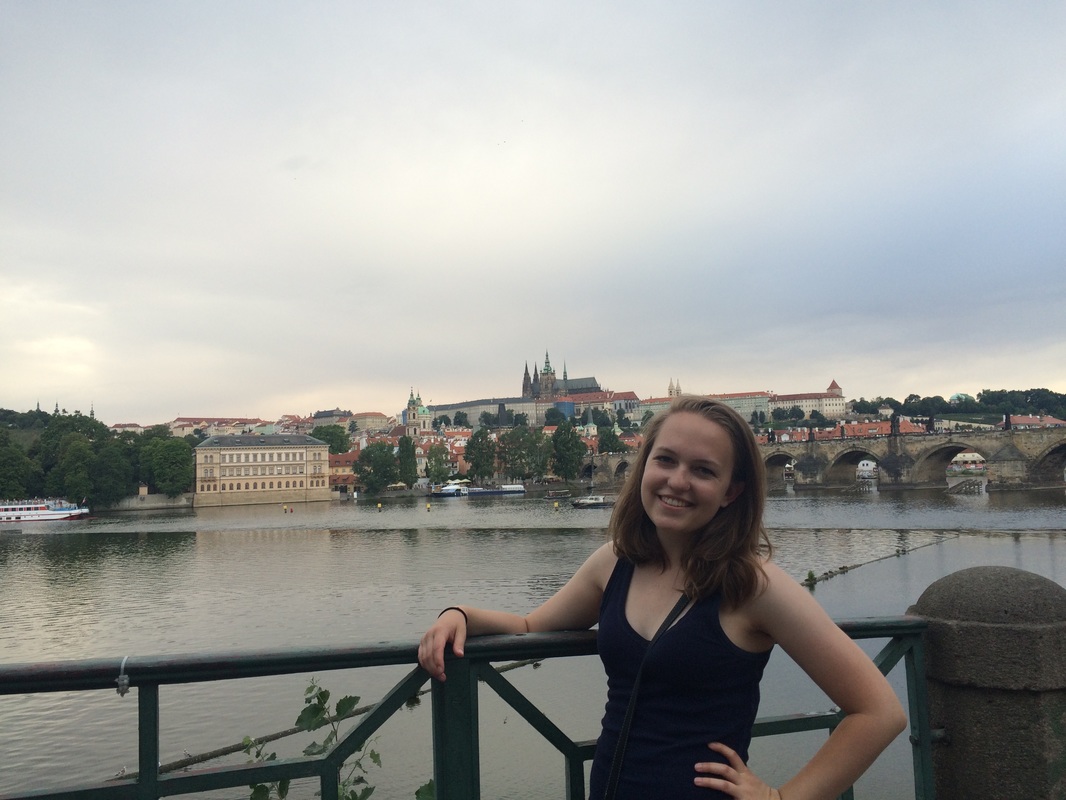
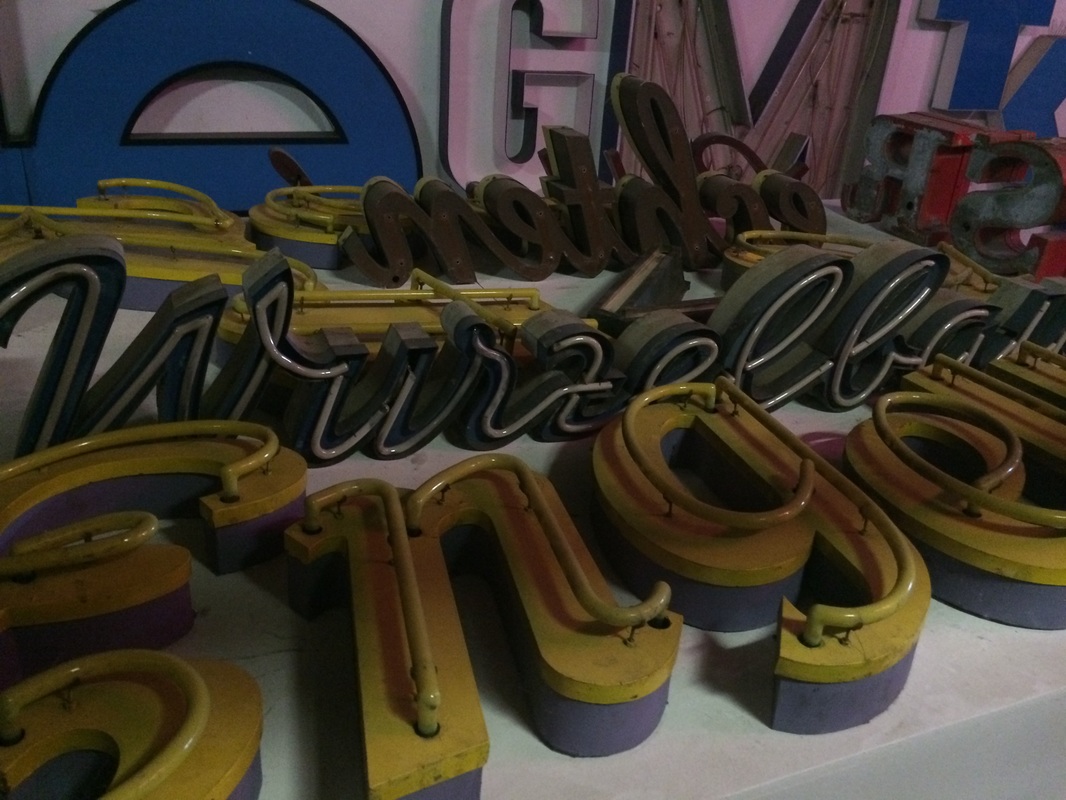
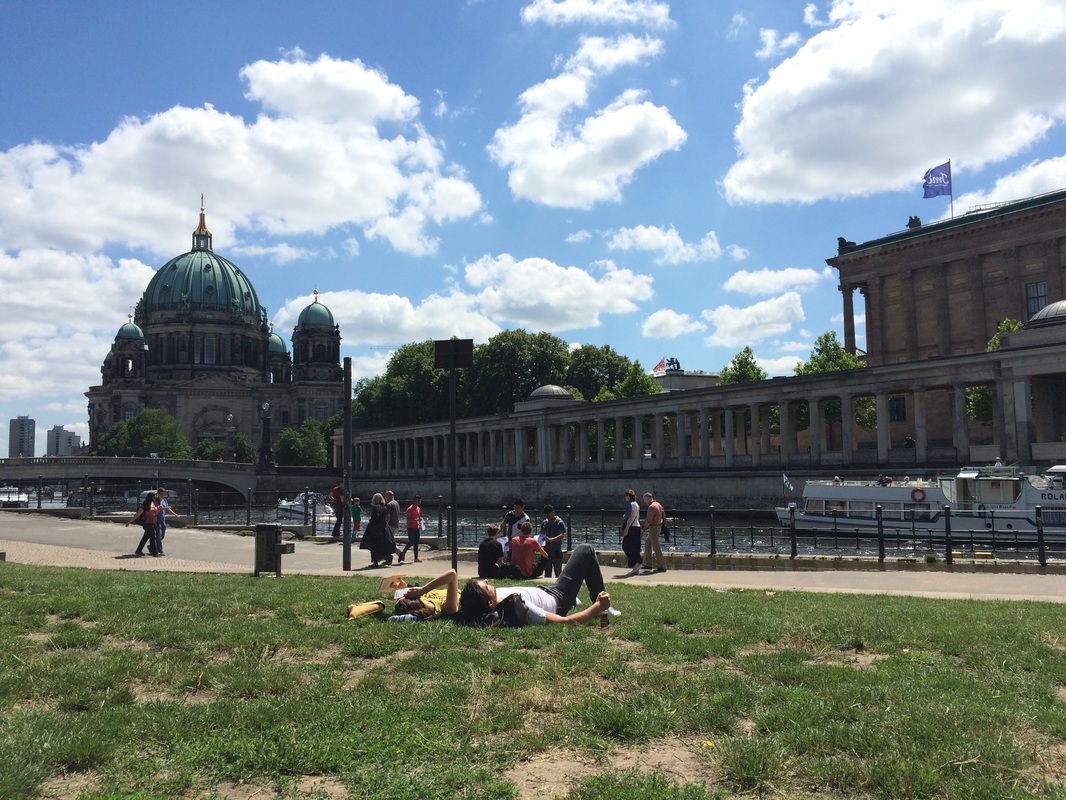
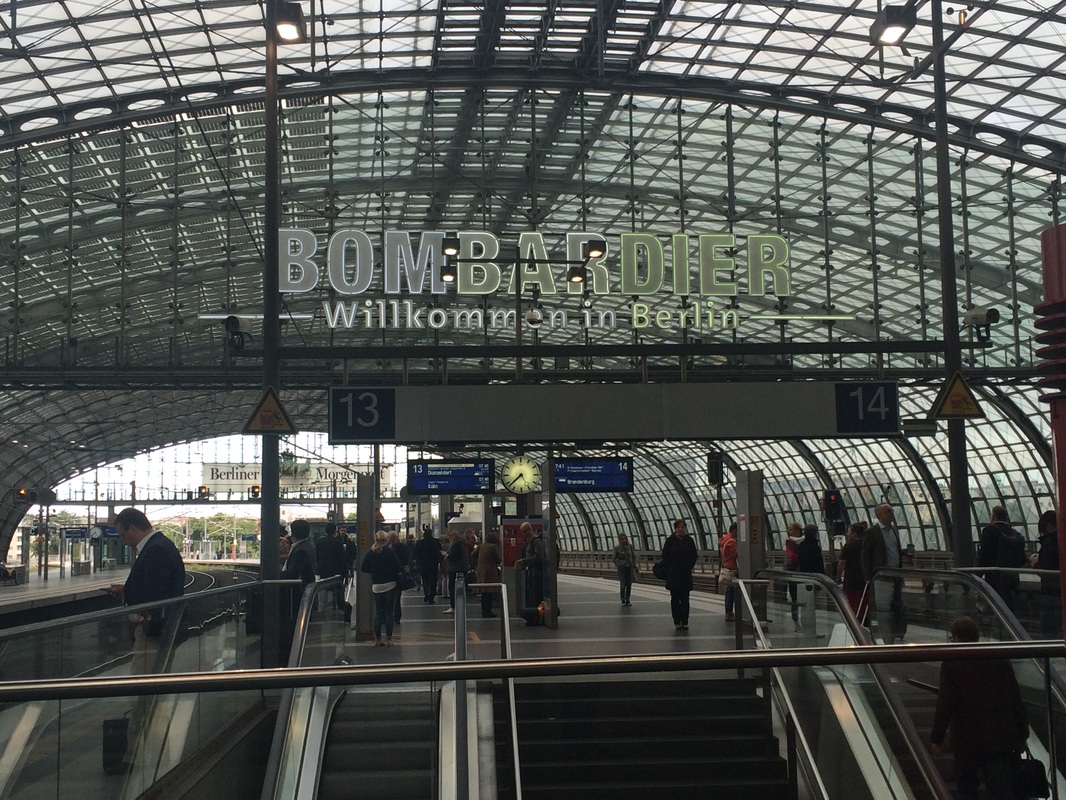
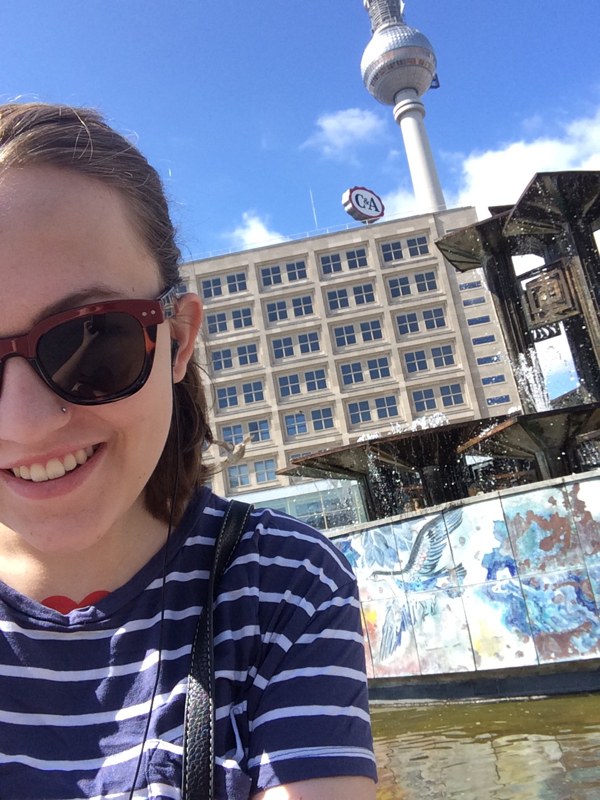
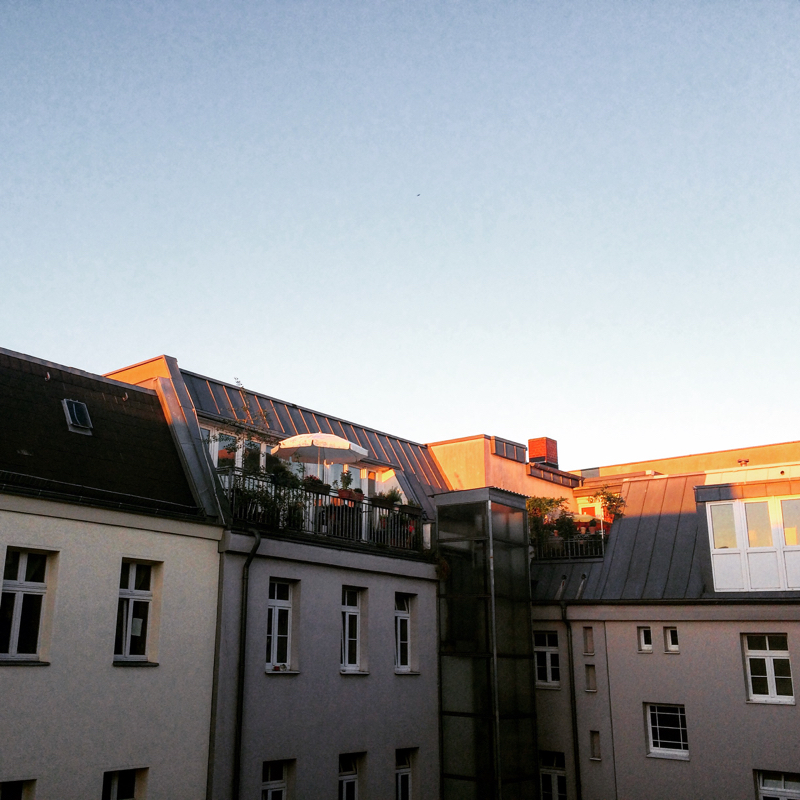
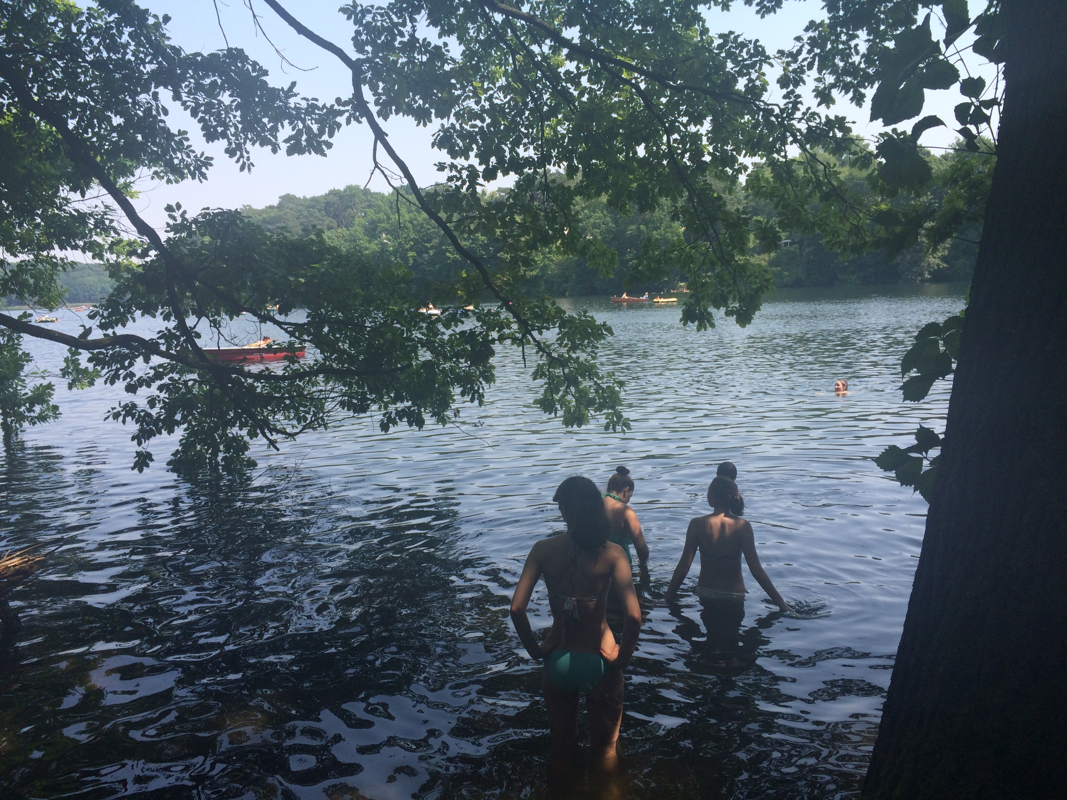
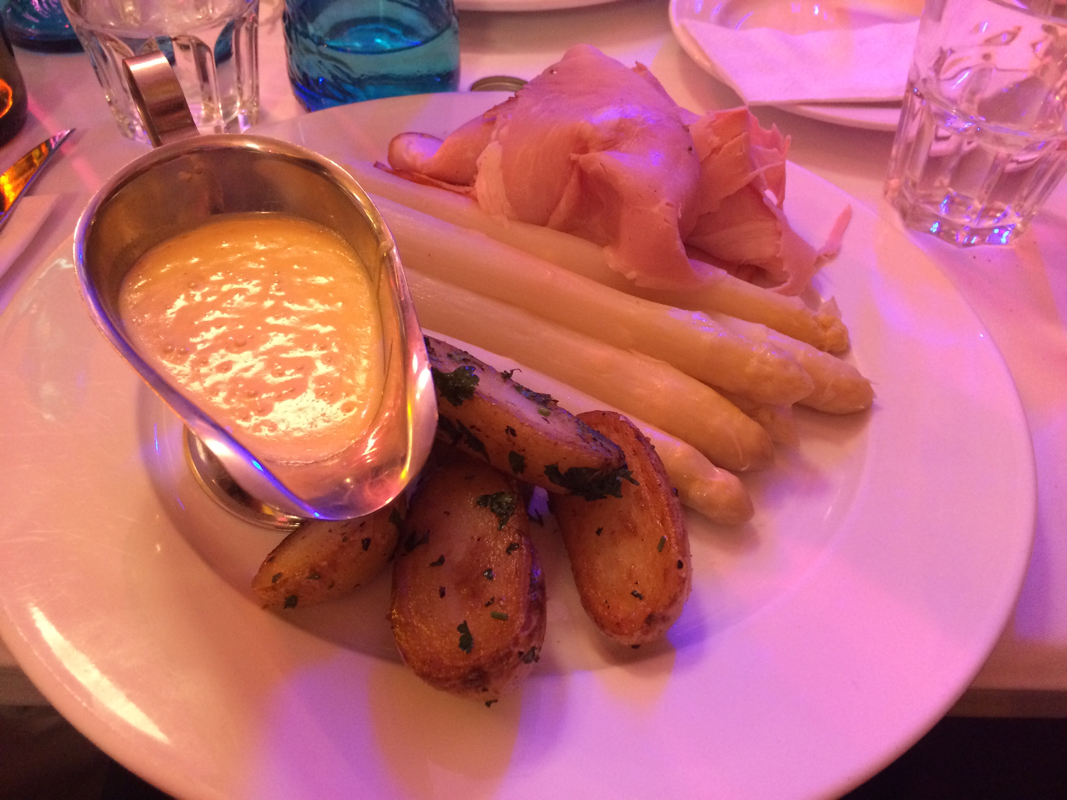
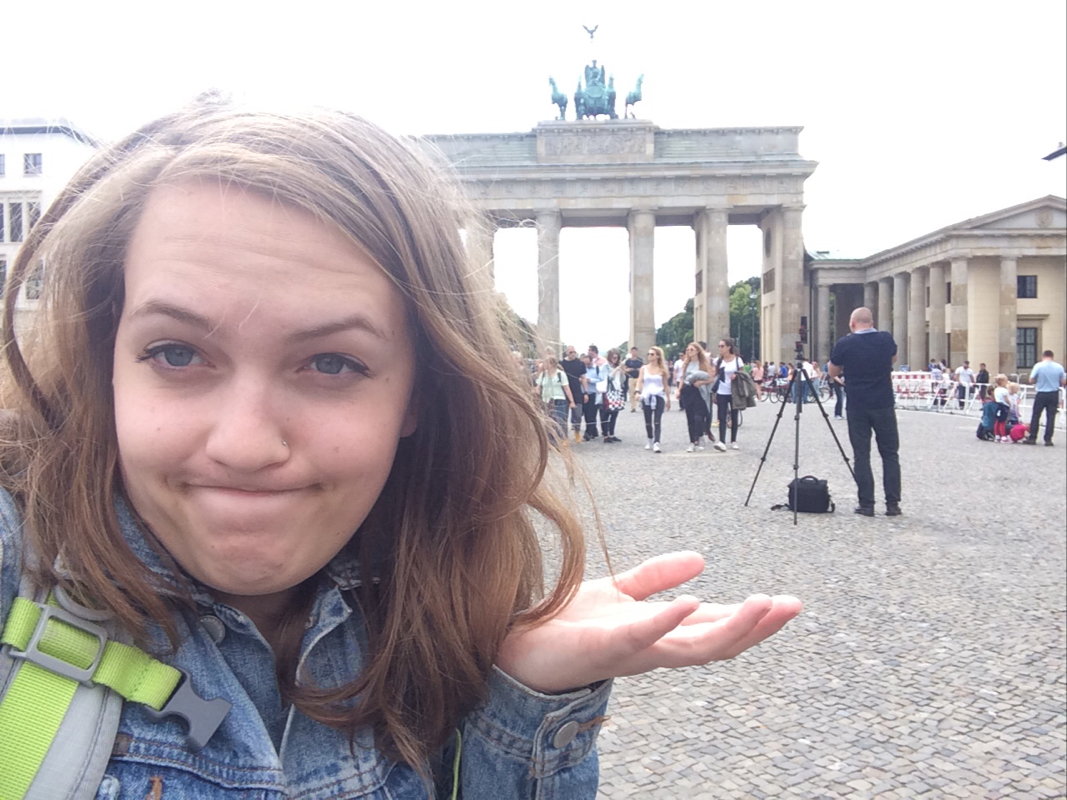
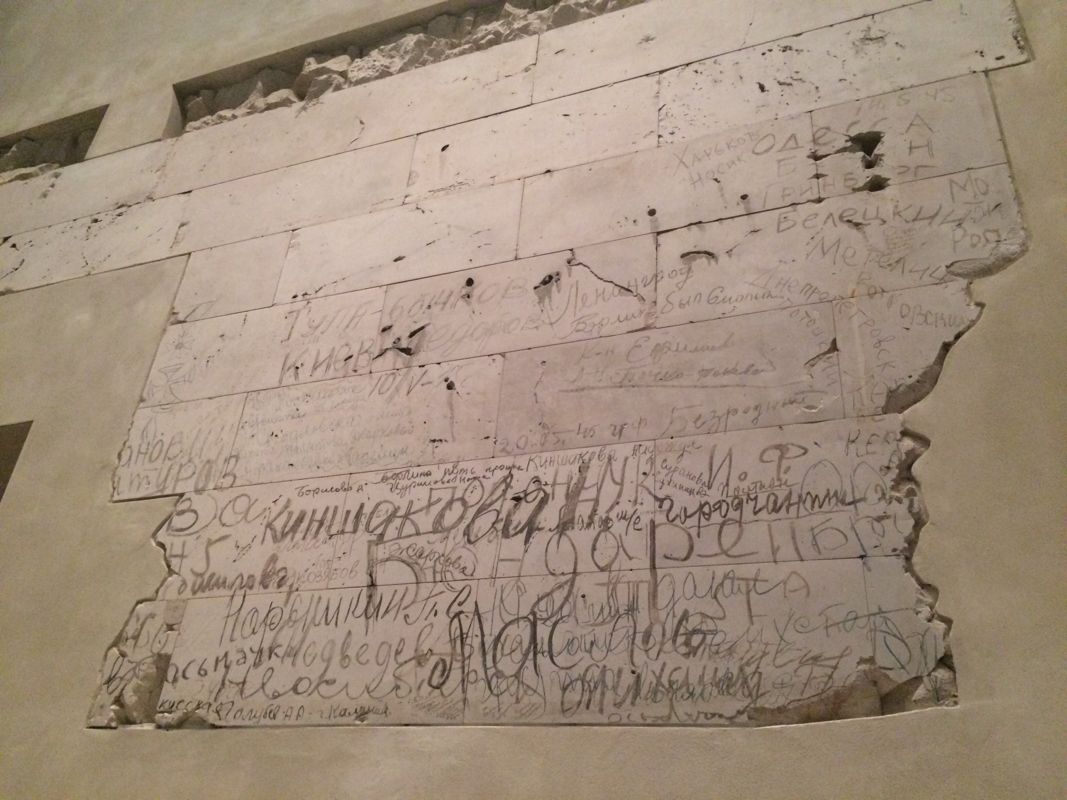
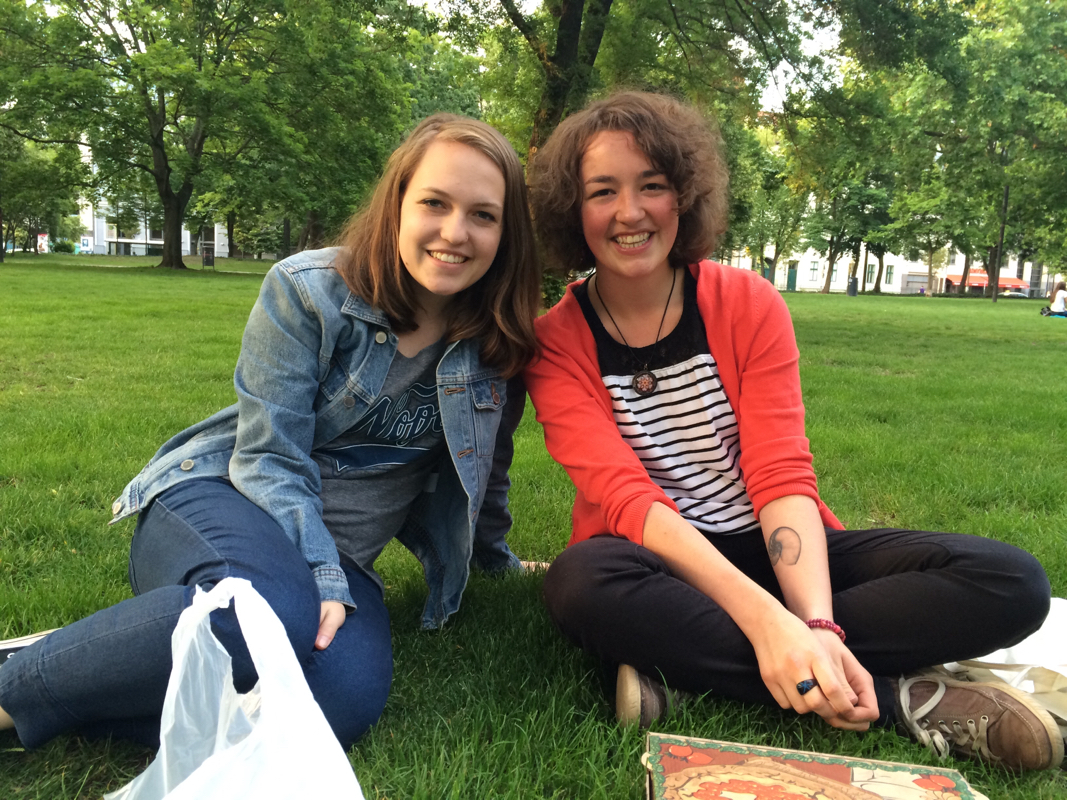
 RSS Feed
RSS Feed
